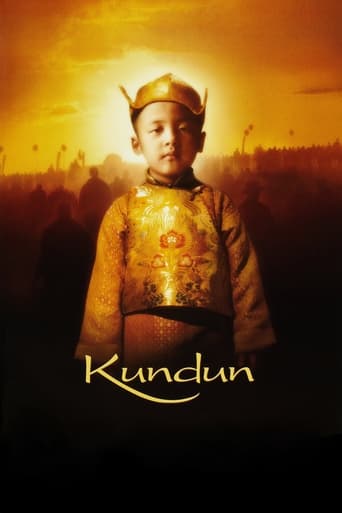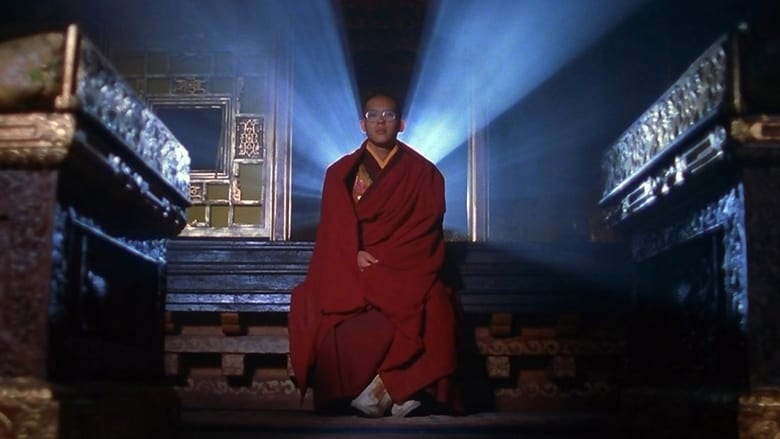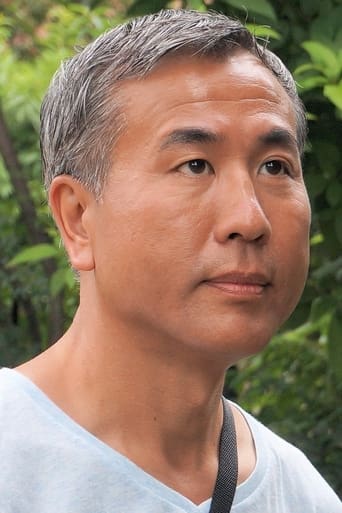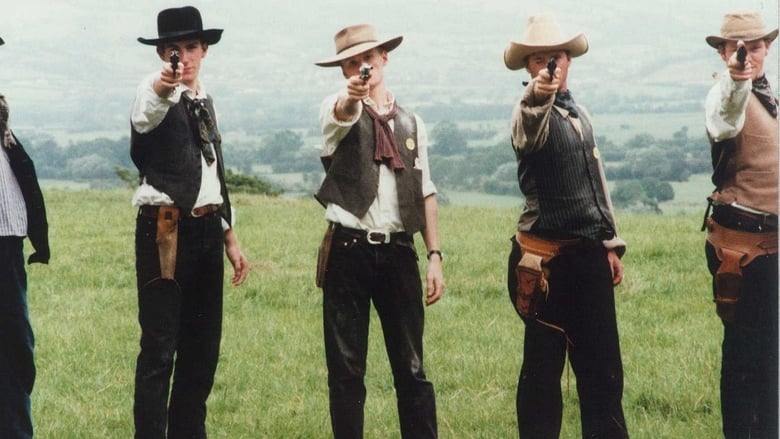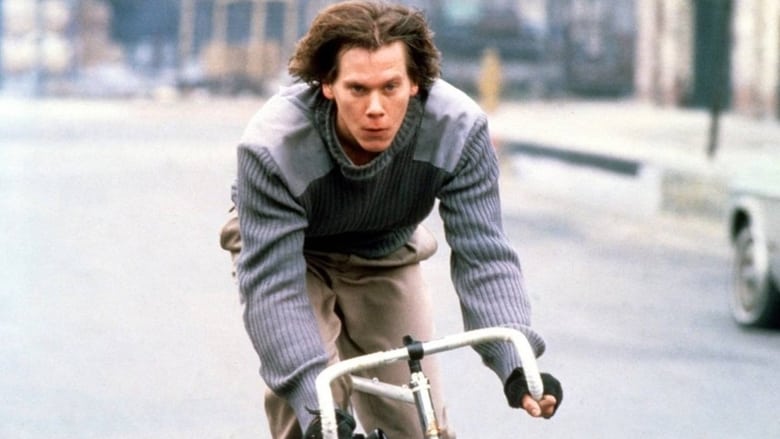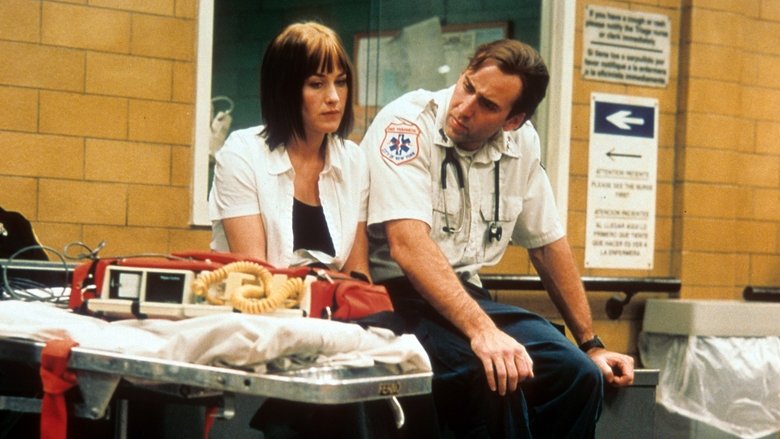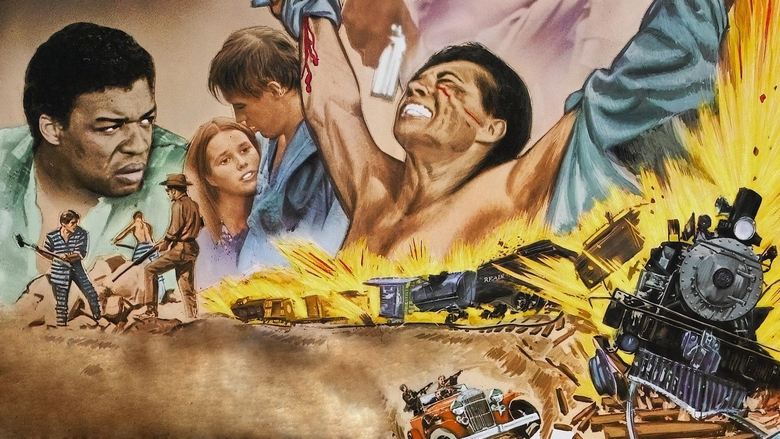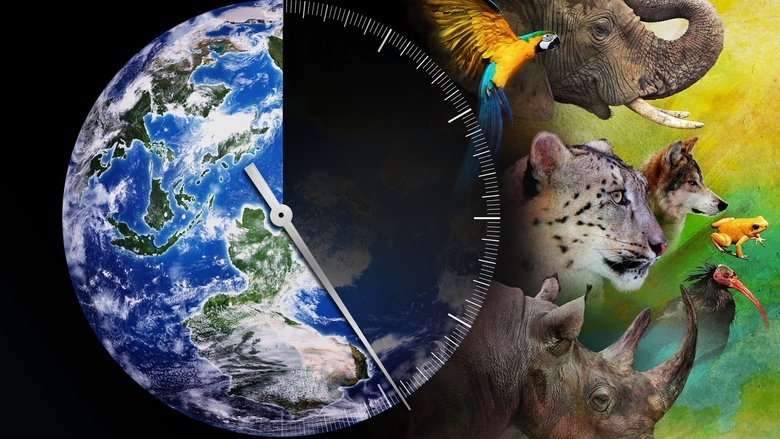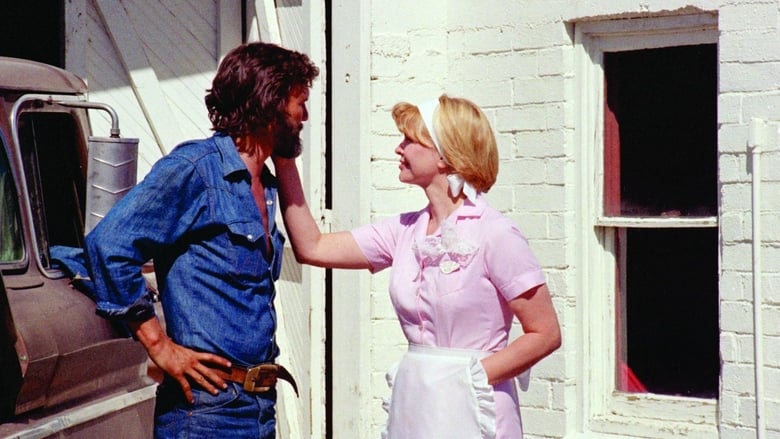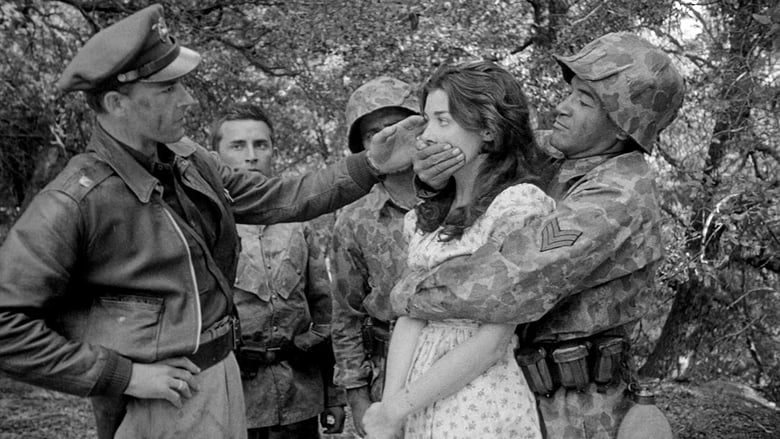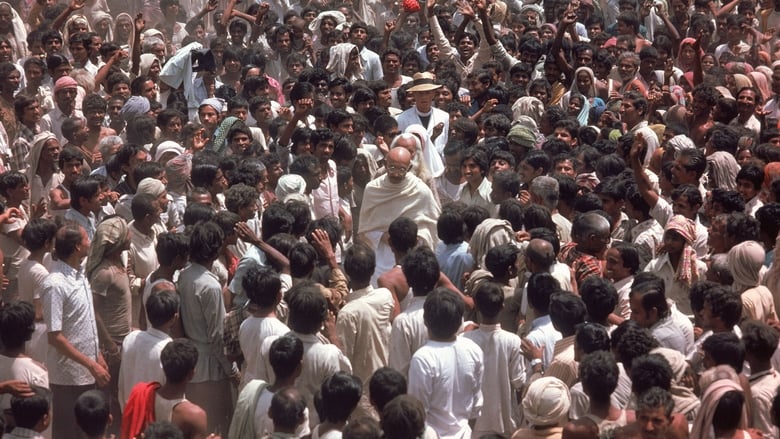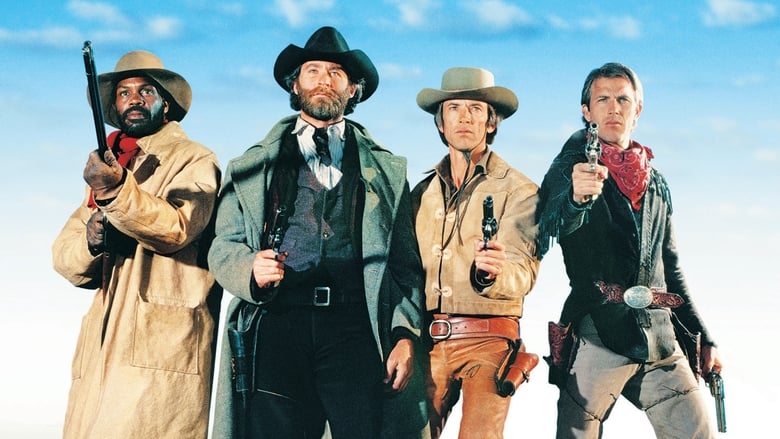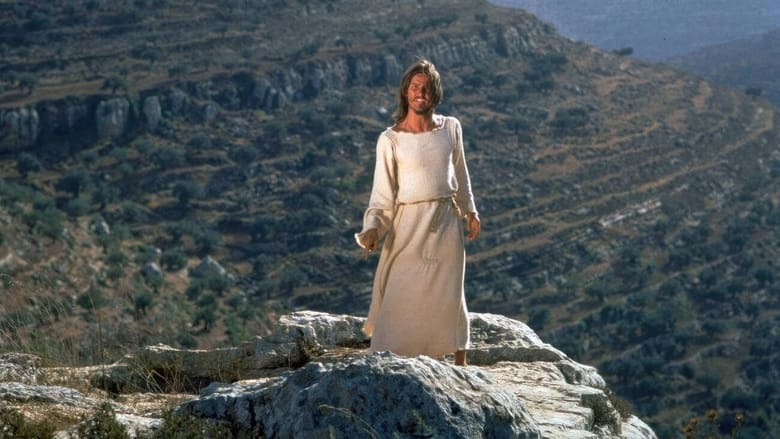The Tibetans refer to the Dalai Lama as 'Kundun', which means 'The Presence'. He was forced to escape from his native home, Tibet, when communist China invaded and enforced an oppressive regime upon the peaceful nation. The Dalai Lama escaped to India in 1959 and has been living in exile in Dharamsala ever since.


Similar titles
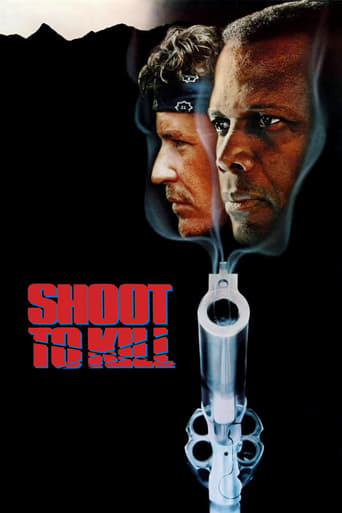
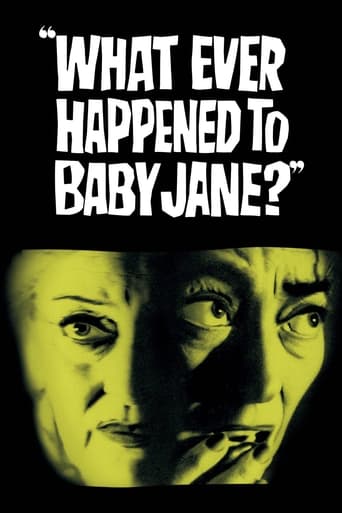
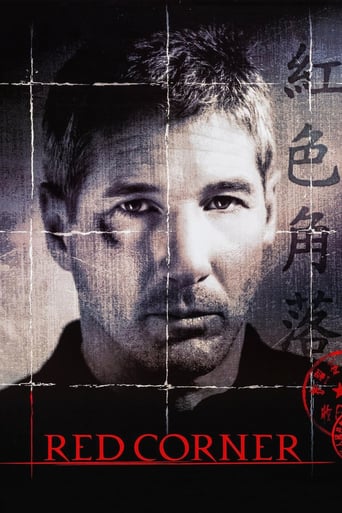
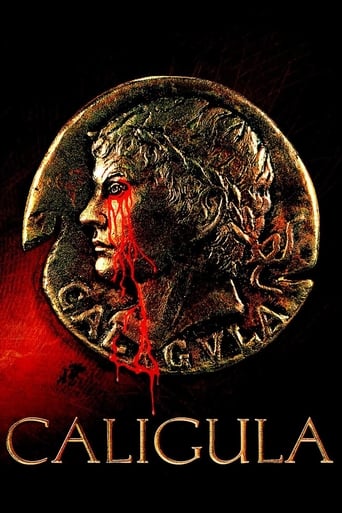
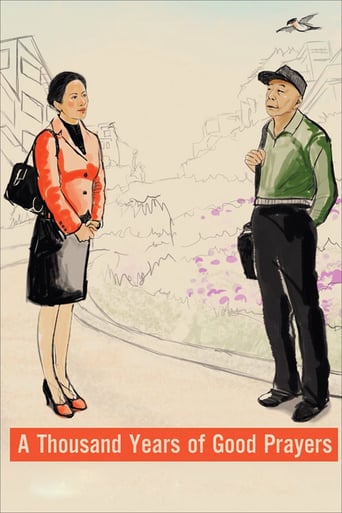
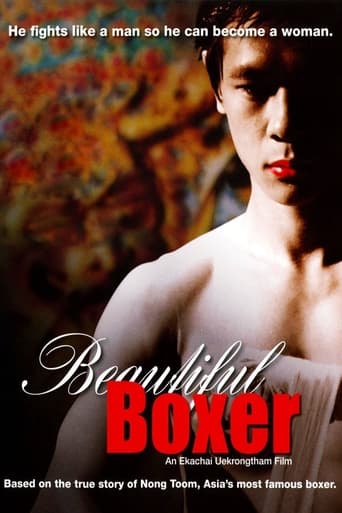
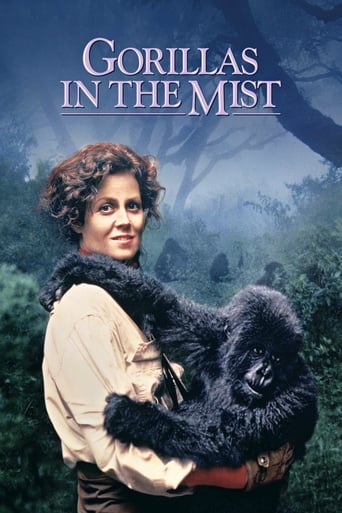
Reviews
Scorsese had dealt with spirituality in subtle ways in many of his films and it is one of the issues that he kept coming back again. So it is not a surprise that a director who worked with brutal and violent films involving gangsters and psychopaths had made his second work on a great spiritual figure. It could be an attempt to wash away the blood and sins of his previous films or an act of redemption that would be repeated years later by "Silence" after the carnal and materialistic "The Wolf of Wall Street" – redemption, after all, is one of the goals of many Scorsese characters, so it is not a coincidence that his filmography had somewhat uncannily mirrored the structure of his films.The film chronicles the early life of the 14th Dalai Lama – from discovering him into the far reaches of Tibet to his exile to India. Shot by legendary cinematographer Roger Deakins and superbly scored by Philip Glass, the visual and music are rich and absorbing creating a trance-like state for a few patient viewers. But just like "The Last Temptation of Christ" that was riddled by controversies, "Kundun" was not a fan-favorite and was unjustly undervalued.
Kundun is the best movie about Tibet yet, and a towering biopic coming close to Bertolucci's "The Last Emperor (1987)". Scorsese seizes the opportunity to tell a historical tale with profound meaning, menace masqueraded as magnanimous philanthropy, and repercussions that last to this day two decades later.Scorsese is adapt at his craft, and gets good performance from his actors. He also relies on the strong poetry and beauty of Melissa Mathison's script who scratches the surface of Buddhist teachings. Roger Deakins' masterful cinematography gets the intimate scenes' impact and showcases Tibet's beauty on occasion. Philip Glass's haunting score is the cherry on the Sunday and the movie ends when we are ready to continue the journey.Great monologues and dialogues including delivery by the chilling and charismatic Chairman Mao are memorable. Kundun's growth as a human being and leader as well as his relationships are coherent and telling. We draw from his inner strengths, his dilemma, his weaknesses and hope for the best.We feel, we think, we learn. The movie is a slow burn and the writing, cinematography and music all become more intense until the fateful and beautiful final scene. A joy for the senses and a feeling that we do not want to movie to end.Top notch cinema which puts together the best elements for posterity.
The tale of the 14th Dalai Lama is very much like the story of the Last Emperor of China, Pu Yi. A boy handpicked to be a ruler of a country, grown up within confined solitude, kicked out of reign from Communist China, and then labeled as a criminal. The only real significance is that Pu Yi faced years in a concentration camp while the Dalai Lama managed to escape to India. That aside, it is not surprising to find in Scorsese's "Kundun" that he was heavily inspired by Bernardo Bertolucci's epic film "The Last Emperor". There were times when I was watching "Kundun" that I could not help wonder if this was an unofficial sequel. The costumes, techniques of candle lit lighting at night, story arc, and overall biography character-type was similar. I am not claiming Scorsese a copycat at all. It's just these two films are so alike. Just one happens to be about China's ruler and the other Tibet's. What worked so well for "The Last Emperor" is that despite its fancy set pieces and costumes, Bertolucci punched good in character drama and an overall intriguing plot. "Kundun" lacks both of these. Each scene in this movie drifts from one part of the Dalai Lama's life to another chronologically and in a sort of schizophrenic nature-the movie itself does not seem to know what it is really about. This is the biggest danger a filmmaker can fall into in making a bio-pic film, trying to cover too much ground without enough time nor interest to piece it all together. The acting suffers not from bad actors, but bad writing. Every moment is devoid of emotion, depicting every Tibetan character in a careless monotone. Then again, most characters are Buddhist monks and emotion is not their strong point. When I watch a movie, however, I expect to be engaged by an actor's talent. This magic is lost in this movie."Kundun" does succeed at least in the technical aspects. Roger Deakins cinematography is stunning to watch and almost pushes the barrier on what can be done with a camera, whether it be an elaborate steadi-cam shot or a detailed close-up. Philip Glass's score creates a sort of mood that hints to an ethereal supernaturalism, combined with a brooding choir, a lush percussion, and bombastic brass. It supports the visual images nicely. I admit that it seems to take over the movie to the point that there is no other sound present, especially with the horn blasts of flatulence caliber. The one factor that presented mild interest for me was how fair Scorsese treated the Tibetan culture. Little nuances like the funeral rites, the teachings of Buddha, and the Dalai Lama's philosophy are interesting. Yet great cinematography, a sublime soundtrack, and a good treatment of a lost culture cannot save a film. It is a bit disheartening since Scorsese has made some very good movies outside of the gangster genre (ex: Hugo, Shutter Island). While he kept his visuals and artsy elements at full throttle, all other elements are at a loss. This kind of movie is clearly not his cup of tea.
Martin Scorsese recounts the official version of the Dalai Lama's biography from his birth until the onset of his exile in India in 1959. In stunning images. That's it. And that's not enough. None of Marty's extraordinary narrative style is apparent here (although the movie is a showcase for cameraman Roger Deakins, who has since become the cinematographer of choice for the Coen brothers). Since the Dalai Lama is a real, and really ambivalent, political as well as religious figure, offering up a glossy 2-hours commercial on him simply isn't enough. The most egregious example of the movie's intentional superficiality is when the deposed Tibetan regent Reting Rinpoche perishes in the dungeons of the Potala palace and the Dalai Lama reacts to this by ... erm, performing a noble blessing gesture and then doing feck all. Was he in on it himself, or at least aware that there was a conspiracy, which he chose to ignore? But for what reasons? This movie won't tell you. It just wallows on in beautiful images.
